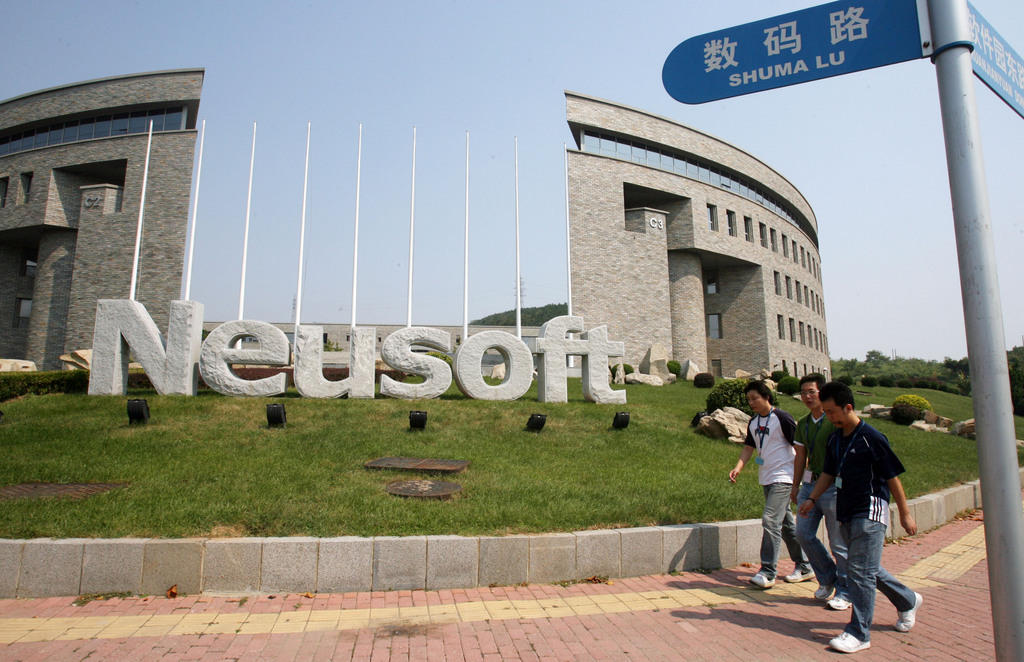
Swiss government rejects takeover restrictions on Chinese firms

The Swiss government has dismissed talk of introducing investment controls on Chinese companies despite requests from parliament to examine the risks.
The Federal Council (the executive) responded to a request from parliament to look at the risks of such investment to Switzerland and possible measures. It concluded that current laws were sufficient for dealing with any potential threats.
Introducing such controls would currently bring no additional benefits to Switzerland, the government said in a statementExternal link on Wednesday.
“On the contrary, restricting capital flows into Switzerland would increase red tape, generate uncertainty and make Switzerland a less attractive place to invest. However, the Federal Council intends to conduct a monitoring procedure and review the report within the next four years,” it said.
In recent years, Chinese state-run or state-backed companies from emerging economies have increasingly been investing abroad, in some cases for reasons of industrial policy. Such direct investment in Switzerland has led to fears that this may result in a loss of jobs and expertise, and that national security may be put at risk.
+ Why more Chinese companies will come to Switzerland
In August, former Communications Minister Doris Leuthard expressed concern about potential acquisitions by Chinese firms of “strategically sensitive” companies in Switzerland.
Leuthard believed Switzerland should insist on reciprocity, which means that takeovers without conditions should only be allowed if Swiss firms can make acquisitions in China. Currently, Swiss firms are only allowed to have joint ventures with Chinese firms.
“It is important that Swiss and Chinese companies negotiate on equal terms,” she said.
Monitoring procedure
There have been several notable merger and acquisition deals by Chinese firms in Switzerland in the past few years, including the $43.3 billion (CHF43.7 billion) takeover of agrochemical giant Syngenta by the China National Chemical Corporation (ChemChina) in 2016 – the biggest acquisition ever by a Chinese company.
“Current legislation allows the authorities to effectively counter any potential risks,” the government said on Wednesday. “In the field of IT pertaining to critical infrastructure, the Federal Council will also examine what targeted measures are needed to further improve resilience against abusive foreign activities.”
However, the government said it was aware of the possible risks associated with direct investment and intended to conduct a monitoring procedure and review the report over the next four years.
“With an acceptable level of administrative expense, this instrument will show whether there is a need to take appropriate steps in the future. Furthermore, in future the Federal Council will give greater consideration to the question of reciprocity,” it said.

More
Why more Chinese companies will come to Switzerland

In compliance with the JTI standards
More: SWI swissinfo.ch certified by the Journalism Trust Initiative

























You can find an overview of ongoing debates with our journalists here . Please join us!
If you want to start a conversation about a topic raised in this article or want to report factual errors, email us at english@swissinfo.ch.